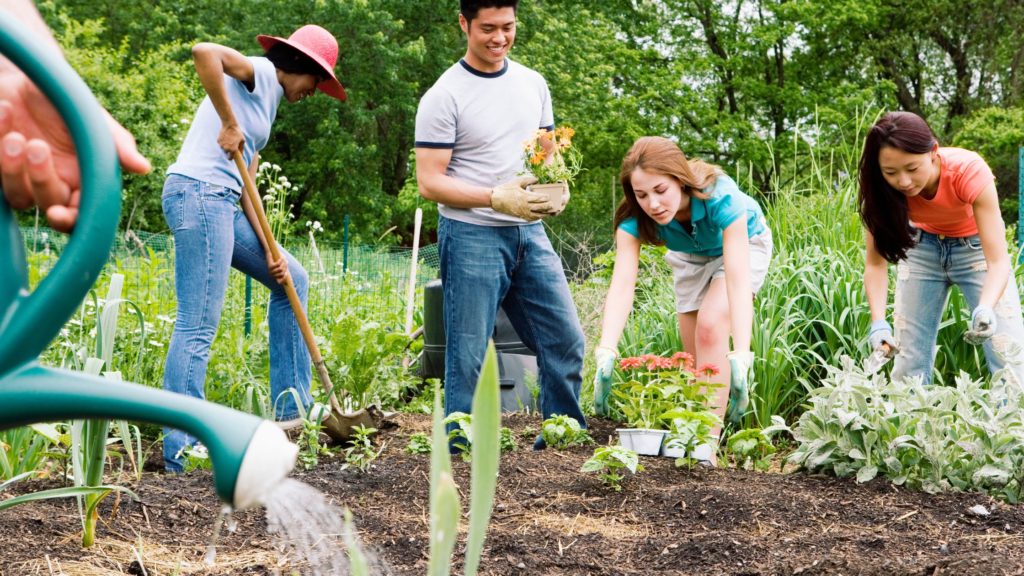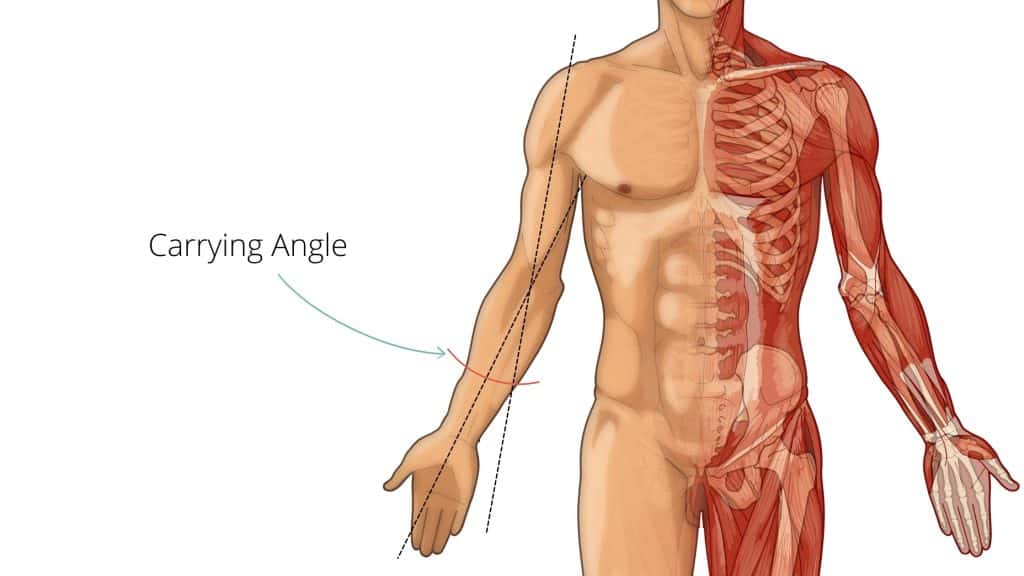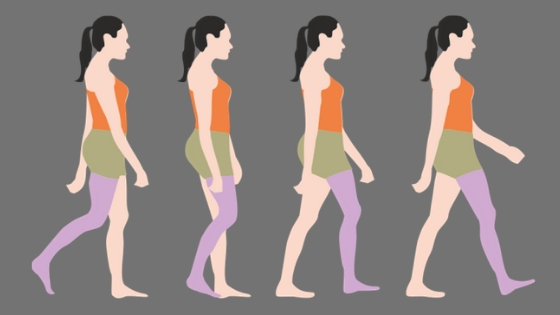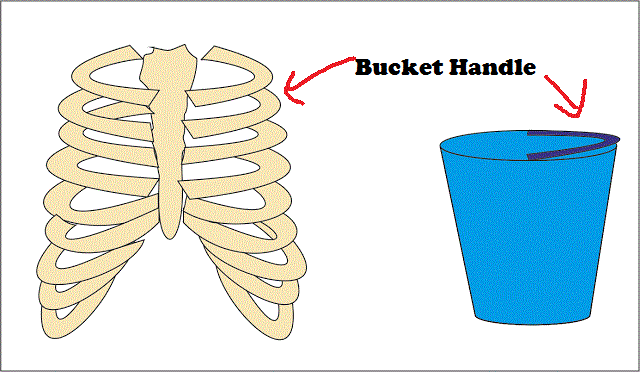
Gardening not only beautifies your surroundings, but it can also improve your health. A recent study published in the journal The Lancet Planetary Health1 has found that community gardening can help improve your mental and physical health in many ways. Both mental and physical health is important to prevent chronic disease.
How was this research conducted, what made scientists conclude this and how it will benefit you if you are planning to add gardening to your lifestyle, let’s find out in this article.
Why community gardening
An unhealthy diet and physically inactive lifestyle are the main cause of non-communicable chronic diseases like cardiovascular disease and diabetes including cancer. Also in today’s era of the internet social disconnection causes stress and other mental health issues. However, these factors are modifiable and can be alleviated through community intervention.
The scientists in the USA were curious whether nature-based community activities such as community gardening can help in reducing the common health risk. For this, they needed volunteers who can participate in community gardening.
If you are unaware of the community garden, it is a form of gardening in which a group of people come together to cultivate a shared plot of land for the purpose of growing fruits, vegetables, or ornamental plants. Usually, in community gardens (also known as allotment gardens) the land is divided into small plots and is allotted to an individual gardener.
There could be various reasons such as beautifying the area, promoting social & community interaction and collaboration, and encouraging a physically active lifestyle. The individual gardener is responsible for taking care of their plants and owns the produce of cultivation.
Researchers recruited people interested in gardening
So, in the present study, researchers were looking for volunteers who can participate in community gardening in Denver and Aurora in Colorado, USA. The trial was run on a total of 37 community gardens for which they raised awareness in the surrounding neighbourhood. They were looking for adult participants above 18 years of age and those who have not gardened for the past 2 years. Scientists recruited only one person per household.
The trial was to run for 3 years with a target to recruit 104 participants on each of three waves (one wave per year). So, between Jan 1, 2017, and June 15, 2019, in May of each wave, after the typical last frost, these participants were randomly assigned to the intervention gardening group and the rest were grouped in the waiting list.
A health survey followed these participants
The participants in the gardening intervention group were provided with seed seedlings and a plot with an average size of 10 m2. For each participant on a single wave, the trial will last for one year, ie, they will garden for one year. During the next growing season, the participants in the waiting group will take up gardening for the next one year.
During each wave (each year) the participants would have to go through a health survey thrice. The first survey would begin before the gardening season and before random allocation (April to early June), the second survey during autumn harvest (ie, end of August to October), and the third and final during the winter (ie, January to March; after the intervention).
Health surveys include:
- Perceived measures of stress and anxiety,
- Accelerometry, and
- Dietary interviews.
- Anthropometric measurements (height, body weight, and waist circumference).
Scientists were looking for seven outcomes of the trial:
- Fibre intake,
- Combined fruit and vegetable intake,
- Healthy Eating Index,
- Moderate-to-vigorous physical activity,
- Sedentary time,
- BMI, and
- Waist circumference.
Here’s how gardening can improve your health
We all might have experienced how refreshed we feel after involving in gardening activities, but this study gives an in-depth insight into how it can positively affect our health. In the present research, the scientist found that those groups of people who were involved in gardening ate more fruit and vegetables than the group who were on the waiting list increasing their consumption by about 1.13 servings per day. They consumed 1.4 grams more fiber a day than the control group and increased their fiber intake by 7 percent over the course of the program.
Scientists also found that people who gardened were slightly more physically active resulting in increasing their moderate activity to vigorous physical activity during the study period. One of the most important findings of the study is that it also had a positive effect on mental health. Gardeners reported having less mental stress and anxiety than people who were on the waiting list.
Researchers concluded that multicomponent interventions like community gardening could be beneficial in changing some key risk factors for cancer and other chronic diseases. It is important for overall health and well-being.
Keep Reading: Heart Disease Risk Can Be Reduced By Brisk Walking| Study
Dr Sunit Sanjay Ekka is a physiotherapist in practice for the last 15 years. He has done his BPT from one of the premium Central Government physiotherapy colleges, ie, SVNIRTAR. The patient is his best teacher and whatever he gets to learn he loves to share it on his Youtube channel and blog.





